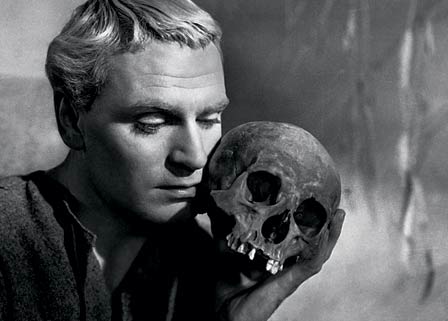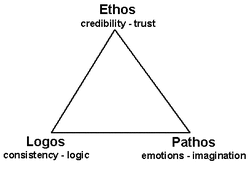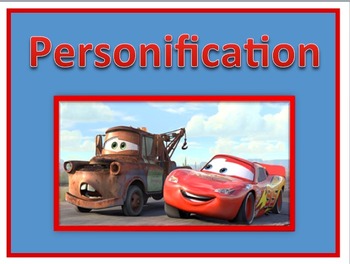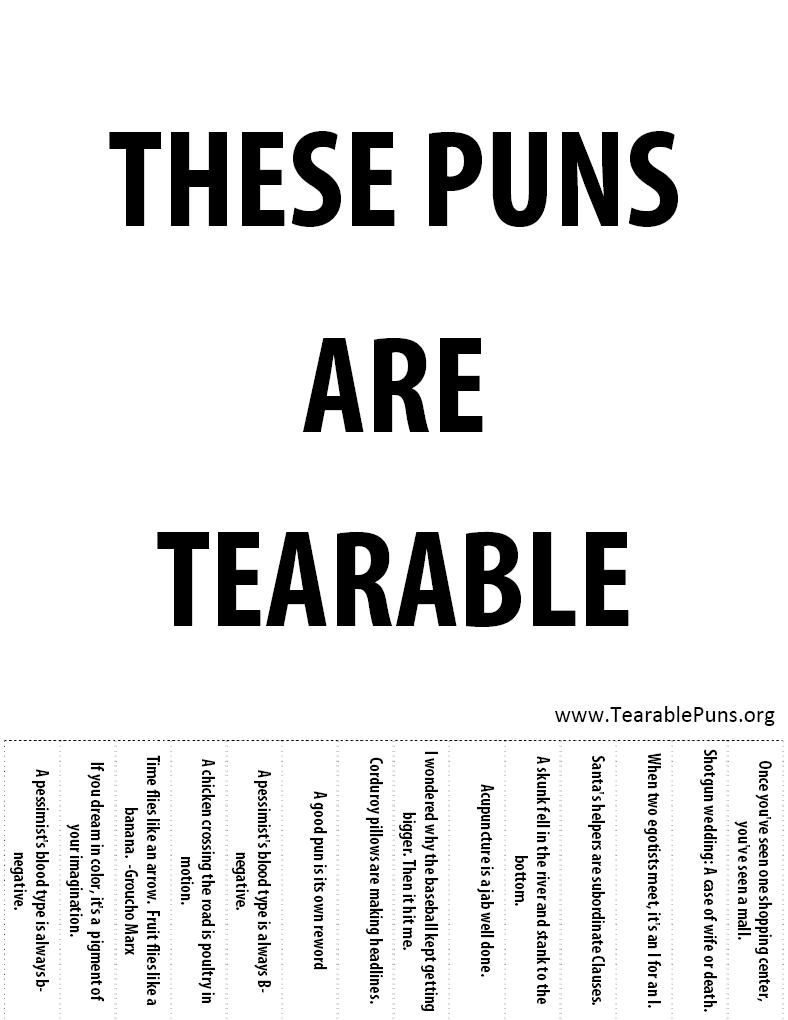- The novel starts in a hatchery, in a utopian London some hundred years in the future. In this novel, the whole world is united under a single world state. Breeding and creation of new humans is automated by in vitro fertilization-- everyone is essentially a test tube baby. Society is split into five castes: Alpha, Beta, Gamma, Delta, and Epsilon. The higher one is on the caste, the more physically and mentally developed they are. Lower caste members, such as Gammas, Deltas, and Epsilons do the most menial jobs that no one else wants to do but someone has to in order to keep society functioning. They are indoctrinated from a young age via a process called hypnopædia (or sleep learning) to be grateful that their in whatever caste they are among other things. In this society, recreational sex and being licentious is encouraged; one is considered odd if they only have one partner. This is because of the motto of society: everyone belongs to everyone else. We are introduced to Lenina Crowne and Bernard Marx. Lenina is a worker at one of the hatcheries and Bernard is an Alpha plus psychologist. Bernard is somewhat of an outcast. His work with hypnopædia has led him to realize the deeply held beliefs are simply phrases repeated over and over to them as kids. While most everyone else has multiple partners, Bernard advocates only having one and treating women as actual human beings rather than pieces of meat. He is also short for an Alpha Plus. This, coupled with his radical beliefs, has lead many to believe that alcohol was placed in his blood surrogate as an embryo, which is a process by which they stunt the development of the lower caste members.
- The theme of the novel was the perils of a consumerist society & totalitarianism. In the utopian future in which Brave New World takes place, the world is under the control of a single world state. This world state operates a command economy, where the state is in full control of all land, labor, and capital and make all economic choices. This is often the economy seen in communist states. In order to support this economy, denizens of the world state are indoctrinated at a very young age. Some of the phrases drilled into their minds include "ending is better than mending" and "the more stitches the less riches". They are taught to consume. Huxley wasn't too far off in his prediction of the future. Much like in the novel, people in our contemporary society much rather trash the broken rather than fix it. Further proof of how consumerist it is can be found in the denizen's worship of Henry Ford as a god. Henry Ford, for those who don't know, was essentially the creator of the assembly line, a process which in turn created mass production. Mass production is used heavily in the novel as a form of creating new humans. The world state also controls most aspects of daily lives. Anyone who believes differently than the norm is seen as an outlier.
- Huxley's tone in Brave New World is somewhat ironic and satirical. Everything from "Thank Ford" (a parody of "Thank God") to the way that their society frowns upon having one partner, as opposed to our society. Even the names of the characters have a hint of the satirical tone. Bernard Marx's last name is a reference to Karl Marx (founder of communism). There's many more, such as Lenina Crowne to Vladimir Lenin (leader of the October revolution), Benito Hoover to Benito Mussolini (Italian Dictator), Polly Trotsky to Leon Trotsky (another leader of the October revolution), among others.
- A) Imagery: Constantly throughout the novel, savages or lower caster members (even occasionally our main characters) are referred to as animals. In the first two chapters, every time the DHC would talk, the narrator would say "straight from the horses mouth". "Like aphides and ants, the leaf-green Gamma girls, the black Semi-Morons swarmed round the entrances, or stood in queues to take their places in the monorail tram-cars." Chapter four. It gives the feeling that denizens of the world state are much like a colony of ants or bees, with a central figurehead at the helm and the rest of society is born into pre-destined roles in life (workers, soldiers, other specialized groups). Much like insects, they are all mindless drones.
B) Symbol: Throughout the novel, zippers are referenced many times throughout the novel. In the novel, the zipper is a symbol of easy access, which in itself, is something that is central to society in the novel. In said society, one musn't wait until marriage before they have sex. It is highly encouraged that children get introduced into the world of sex at a young age.
C) Foil: One of the most evident foils in the book is that of the savage reservation compared to the rest of the "civilized" world state. In the savage reservation, having multiple partners is frowned upon, as opposed to the world state, where it is encouraged. Linda is ostracized and beaten by the women of the reservation. This foil is used to show the dichotomy between the two worlds and to make the reader ask themselves "who's truly civilized?"
D) Paradox: The situation that Bernard Marx is in is somewhat of a paradox. He is seen as an individual and an outcast cause he does not share the same beliefs as the rest of society. All this changes, however, when he brings John the savage back to London and gets thrown into essentially stardom. At that moment, Bernard essentially betrays his previous values and believes and has sex with multiple women and becomes good friends with Henry Foster, whom he once despised. Huxley did this to illustrate that most humans crave acceptance from the society and wouldn't mind compromising on a few of their beliefs just to have friends and be well liked.
E) Irony: The name of John the Savage itself is ironic. While at first glance it may not seem so (he was, after all, born in the savage reservation therefore is a savage), as we are more and more introduced to him as a character, we begin to realize that he may be the only civilized (by our standards) one in the novel. John is the only character in the novel to be actually born and have a compassionate relationship with his mother, while essentially everyone else was born in a test tube and doesn't even have a concept of a parent. While people in the civilized world take soma and have sex for hobbies, John the savage reads Shakespeare. He also denounces the morals and values of the civilized society, claiming stability isn't worth the sacrifice of personal freedom and individuality.
F)
CHARACTERIZATION
- Direct: "For whatever the cause (and the current gossip about the alcohol in his blood-surrogate may very likely–for accidents will happen–have been true) Bernard's physique was hardly better than that of the average Gamma. He stood eight centimeters short of the standard Alpha height and was slender in proportion. Contact with members of he lower castes always reminded him painfully of this physical inadequacy." (Chapter Four). "A very stout blonde squaw stepped across the threshold and stood looking at the strangers staring incredulously, her mouth open. Lenina noticed with disgust that two of the front teeth were missing. And the colour of the ones that remained … She shuddered. It was worse than the old man. So fat. And all the lines in her face, the flabbiness, the wrinkles. And the sagging cheeks, with those purplish blotches. And the red veins on her nose, the bloodshot eyes. And that neck–that neck; and the blanket she wore over her head–ragged and filthy. And under the brown sack-shaped tunic those enormous breasts, the bulge of the stomach, the hips." (Chapter 7). Indirect: (on Bernard Marx) "And then he spends most of his time by himself-alone". (chapter three); hints at how different Bernard Marx is. In this society, being alone is discouraged.
- Huxley doesn't really change his diction nor tone throughout the novel. It is pretty consistent, satirical, and cold throughout.
- Bernard is quite the dynamic character. A dynamic character, by definition, grows throughout the course of the novel. In the beginning of the novel, Bernard is extremely introverted and really awkward. But once he returns from the savage reservation, he is filled with a certain swagger that comes along with the fame that John brought to him. He soon loses this newfound popularity when John refuses to attend an event where Bernard was essentially going to show him off to powerful people.
- I feel like I've met a legitimate person. I really connected with Bernard and his non-conformity & individualism, yet still yearn some connection to society. His awkwardness and shyness caused by his differences are ones that I myself have also experienced in real life.
















